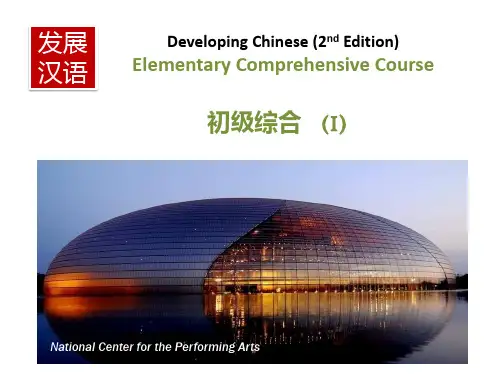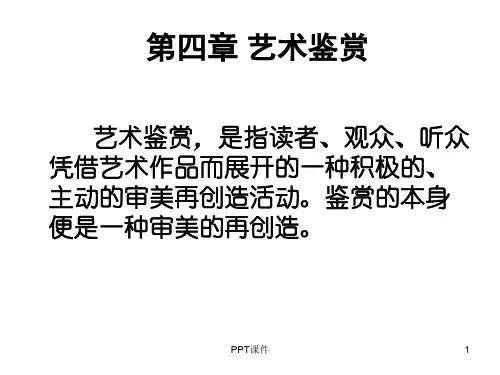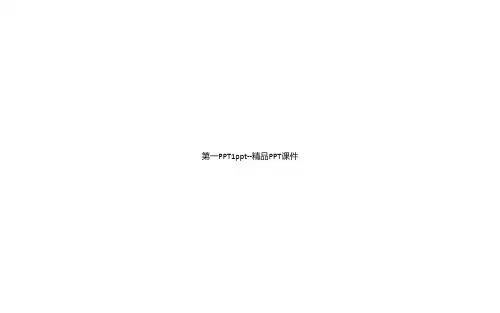三、使用非限制性定语从句时的注意事项
(1)that 不能引导非限制性定语从句。 在非限制性定语从句中,用who, whom指代人,用 which 指代物。 She was very fond of speaking French, which indeed she spoke well. 她很喜欢讲法语,而且讲得确实很好。 (2)当先行词是专有名词或被物主代词、指示代词 修饰时,其后的定语从句通常是非限制性定语从句。 They went to London, where they lived for six months. 他们去了伦敦,在那儿住了六个月。
I had told them the reason, for which I didn't attend the meeting.
我已经告诉了他们我没有参加会议的原因。
四、限制性定语从句和非限制性定语从句的区别
(1)形式不同 限制性定语从句与主句之间无逗号隔开;非限制 性定语从句与主句之间有逗号隔开。 This is the best passage that I have ever read. 这是我 读过的最好的文章。 I read a passage last night, which is very interesting. 我昨天晚上读了一篇文章,它非常有趣。
• What kind of person makes great discoveries? • Which is more important for making a great discovery, talent or effort?
1. vital adj.必不可少的,极其重要的;充满生机的 2. committed adj. 尽心尽力的;坚信的;坚定的 3. evaluate vt. 评价,评估 4. distinct adj. 清晰的,清楚的,有区别的 5. acknowledge vt. 承认(属实、权威等);(公开)感谢,确认/告知收到 6. defeat n. 失败,挫败 vt. 击败,战胜 7. conclude vt. 作出结论,结束,完成 8. apparently adv. 显而易见;看来;显然 9. insist vi.&vt. 坚持,坚决要求;坚称;坚决认为



PPT课件](https://uimg.taocdn.com/73f0c98c6f1aff00bfd51e3c.webp)




![海燕精品课件(高尔基)[1]](https://uimg.taocdn.com/e1a21629b4daa58da0114a82.webp)